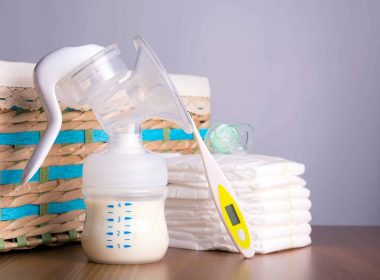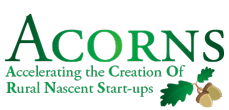Navigating the Solids: A Simplified Guide to Weaning Your Baby
The journey of weaning your baby from breastfeeding is a significant milestone for both you and your little one. As a mother, you’ve nurtured and provided comfort through nursing, creating a unique bond. Now, the transition to solids marks a new chapter in your child’s development. This blog aims to guide you through the weaning process with insights on when and how to introduce solid foods, navigating challenges, and maintaining emotional connections during this shift. Embrace this transformative period with confidence, as we explore practical tips, expert advice, and heartwarming stories to support you in ensuring a smooth and positive weaning experience for you and your baby.
The abundance of information available can leave parents feeling confused about where to begin. As an infant feeding specialist, I am here to break down the process and offer a simplified guide to make the transition smoother for both you and your little one.
When to Start: Every baby is unique, and their developmental milestones vary. It is generally recommended to start introducing solids around six months of age. Starting earlier, before 17 weeks (4 months), is discouraged for several reasons. At this stage, breast milk or formula provides all the necessary nutrients, and a baby’s digestive system and kidneys may not be mature enough to handle solid foods.
Signs Your Baby is Ready: Look for signs of readiness, such as the ability to sit up with minimal support, coordination to pick up and put food in their mouth, and the capability to swallow food instead of spitting it out.
Choosing the Right Time: Opt for earlier in the day, preferably mid-morning, to introduce solids. Ensure your baby is neither too hungry nor right after a feed. Create a relaxed environment, embrace the mess, and let your baby explore the sensory experience of eating.
Spoon-led versus Baby-led Weaning: Whether you choose spoon-led or baby-led weaning is a personal decision. Starting with purees and gradually introducing textures is one approach, while baby-led weaning involves offering a varied and balanced diet with finger foods.
What Foods to Start With: Skip the baby rice and opt for nutrient-rich vegetables like parsnip, broccoli, carrots, and sweet potatoes before introducing fruits. Progress from puree to thicker consistency as your baby tolerates different textures.
How Much to Start With: Begin with one flavor and maintain it for 2-3 days before introducing the next. Be patient; it may take 12-15 tastes before your baby develops a liking for a particular food. Start with a few spoons and gradually increase as your baby shows acceptance.
Suitable Foods and Drinks: Avoid salts, preservatives, and sugar for babies aged 6 months and above. Introduce allergens like eggs and peanut butter. Include iron-rich foods such as red meat, chicken, and fish. Offer finger foods like well-cooked vegetables.
Feeding Schedule: From 7 months onwards, aim for three meals a day, adjusting the size based on your baby’s appetite. Breastfeed on demand, and let your baby lead the way. Formula-fed babies will gradually reduce their intake as they become more accustomed to solids.
Transitioning to 10-12 Months: Around 10-12 months, formula requirements drop to approximately 400ml. Your baby’s diet becomes more diverse, incorporating snacks as per their preferences.
Weaning your baby onto solids doesn’t have to be a daunting task. By understanding the signs of readiness, choosing the right time, and gradually introducing a variety of nutritious foods, you can make this journey a positive and enjoyable experience for both you and your little one. Embrace the mess, celebrate the milestones, and cherish these precious moments in your baby’s developmental journey. Remember, this is not just about nourishing their bodies but also fostering a positive relationship with food that will last a lifetime.
If you would like a one-on-one consultation, Katie Mugan, is available to provide breastfeeding support in Dublin, Kildare and Worldwide.
Seeking support from resources like Nursing Mama can provide valuable insights, offering breastfeeding support, knowledge, and expertise.







